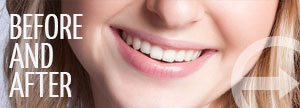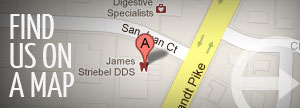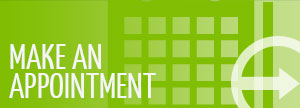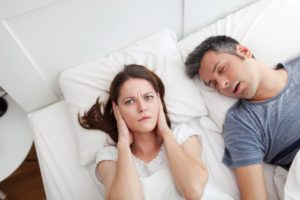


 (937) 235-2400
(937) 235-2400

 Did you spend the last 12 months feeling lethargic and irritable? If so, the cause may be sleep apnea in Huber Heights. Now that a new year has started, it’s a great time to seek therapy so that you can get the rest your mind and body need to function at their optimal levels. Learn what sleep apnea symptoms you should be on the lookout for and the treatment methods available to help you recover.
Did you spend the last 12 months feeling lethargic and irritable? If so, the cause may be sleep apnea in Huber Heights. Now that a new year has started, it’s a great time to seek therapy so that you can get the rest your mind and body need to function at their optimal levels. Learn what sleep apnea symptoms you should be on the lookout for and the treatment methods available to help you recover.
Sleep apnea refers to the frequent pauses in breathing that occur throughout the night. As a protection mechanism, your brain sends distress signals that cause you to awaken each time your breathing lapses. Because this happens several times throughout the sleep cycle, it’s not uncommon to experience daytime lethargy.
One way to recover is to be aware of the following warning signs:
If you notice any of the above traits, then you should first contact your physician so that a sleep test can be performed to determine whether you have sleep apnea. If the results are positive, you can then reach out to a sleep dentist to get the treatment you need.
The most common method of treating sleep apnea is with a continuous positive airway pressure (CPAP) machine. The device, which consists of a mask, tube and base unit, forces air into your throat while you sleep.
For some patients, wearing the mask and the sound generated by the machine, can amount to an uncomfortable night. An alternative is the Somnodent sleep apnea appliance, which is a portable device that helps to shift the jaw slightly forward to prevent the throat muscles from collapsing and obstructing your breathing.
Along with receiving treatment for sleep apnea, you can take the following steps at home to encourage the most restful sleep possible:
One of the keys to making all of your new year’s resolutions a reality is to get the rest you need, which will improve your overall function. So if you’ve been diagnosed with sleep apnea, reach out to your dentist in Huber Heights today.
About the Author
Dr. James Striebel earned his dental degree from Case Western Reserve Dental School. He has since gone on to amass over 20 years of experience. A member of the American Academy of Dental Sleep Medicine, Dr. Striebel helps patients recover from sleep apnea at his private practice, and he can be reached for more information through his website.
No comments yet.
RSS feed for comments on this post.
Sorry, the comment form is closed at this time.